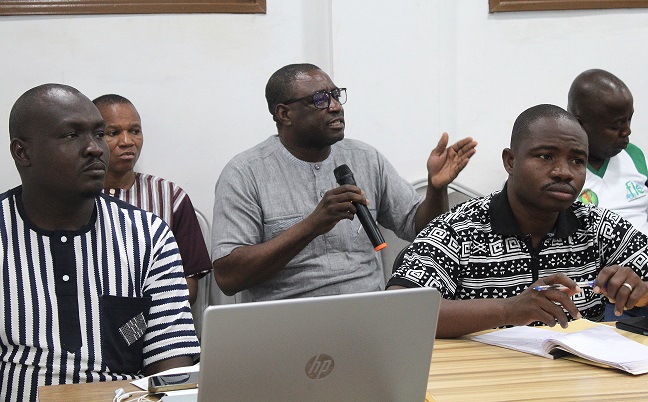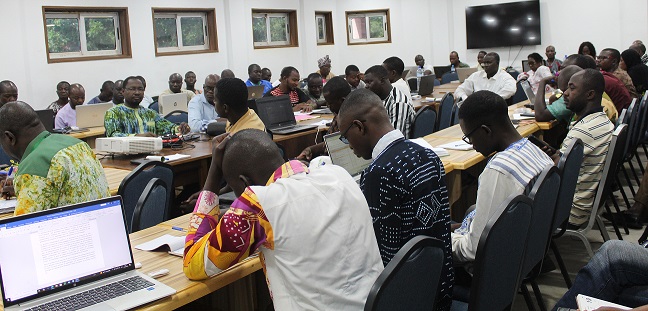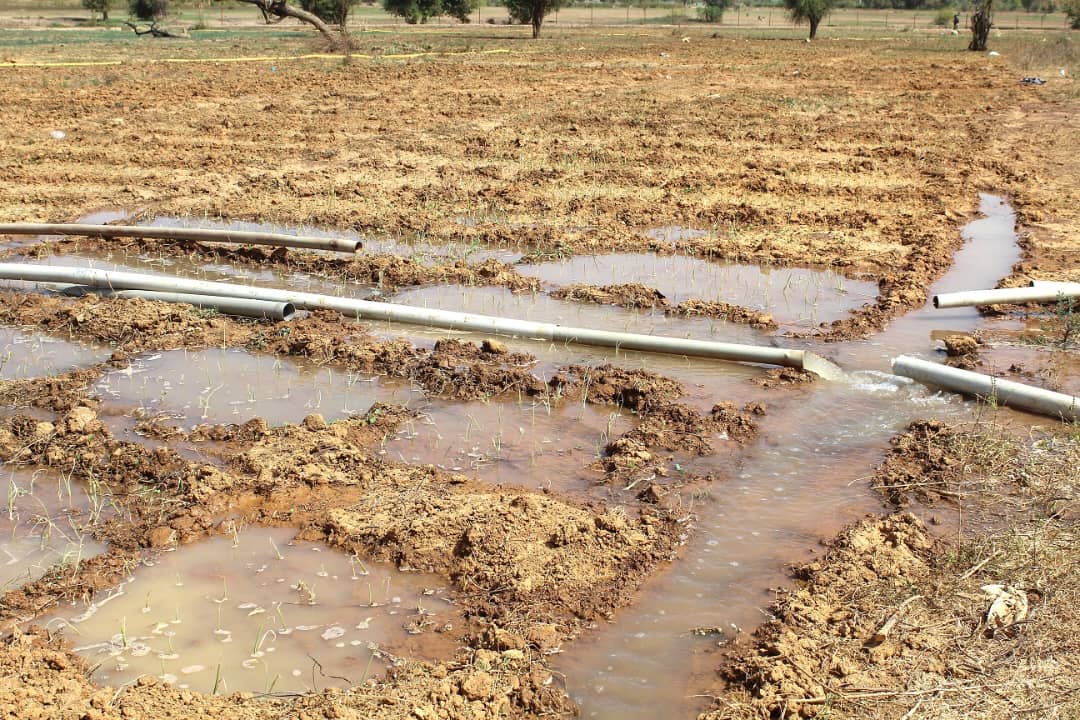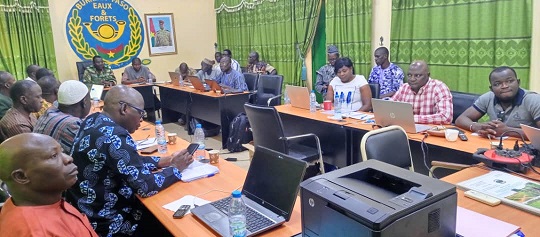DAY II OF CAPACITY BUILDING OF COMMUNITY ACTORS OF THE SECOND WAVE ON THE FINANCIAL IMPLEMENTATION MANUAL

Begun on Monday, March 24, 2025 in Bobo-Dioulasso, the training of municipal actors of the second wave on the financial execution manual of Integrated Municipal Development Projects for REDD+ (PDIC/REDD+) organized by the Environmental Intervention Fund (FIE) and the Management Unit of the Sustainable Management Project of Municipal Landscapes for REDD+ (PGPC/REDD+) continues.
The second day of the training was devoted to a presentation of the monitoring and evaluation system; a presentation of the progress index tables, followed by the review and validation of the tables; a presentation on the infrastructure built during the first wave of municipalities, a presentation of the programming and reporting frameworks followed by the review and validation and a presentation of the data transmission schedule followed by discussions.
The first presentation on the monitoring and evaluation system was given by Ouémafarou Arsène MANTIO. According to him, the objective of monitoring and evaluation is to improve the management and effectiveness of project interventions. He emphasized that the principles of monitoring and evaluation are: the empowerment of stakeholders; accountability; compliance with reporting deadlines; strict compliance with the completion of tools; systematic quality control of data; compliance with the information exchange circuit; consideration of gender in a perspective of social inclusion; consultation; participation and data disaggregation.

After presenting the monitoring and evaluation system, Brahima SIDIBE gave a presentation on the progress index tables, followed by the review and validation of the tables. In practical terms, the training participants learned how to fill in the tables, how to calculate the progress index; the weight of activities, etc.
Baladji Diawara delivered a presentation on the structural infrastructure projects completed in the 22 municipalities of the first wave. According to him, approximately 250 projects have been completed. These include 130 projects for the Koudougou branch; 80 for the Dédougou branch; and 40 for the Gaoua branch.
The next presentation of the day focused on the programming and reporting frameworks, as well as the data transmission schedule followed by exchanges. The communicators explained how to complete the various documents, the elements that should be included, and the deadlines for submitting them.
DCRP/FIE
 English
English  Français
Français 




